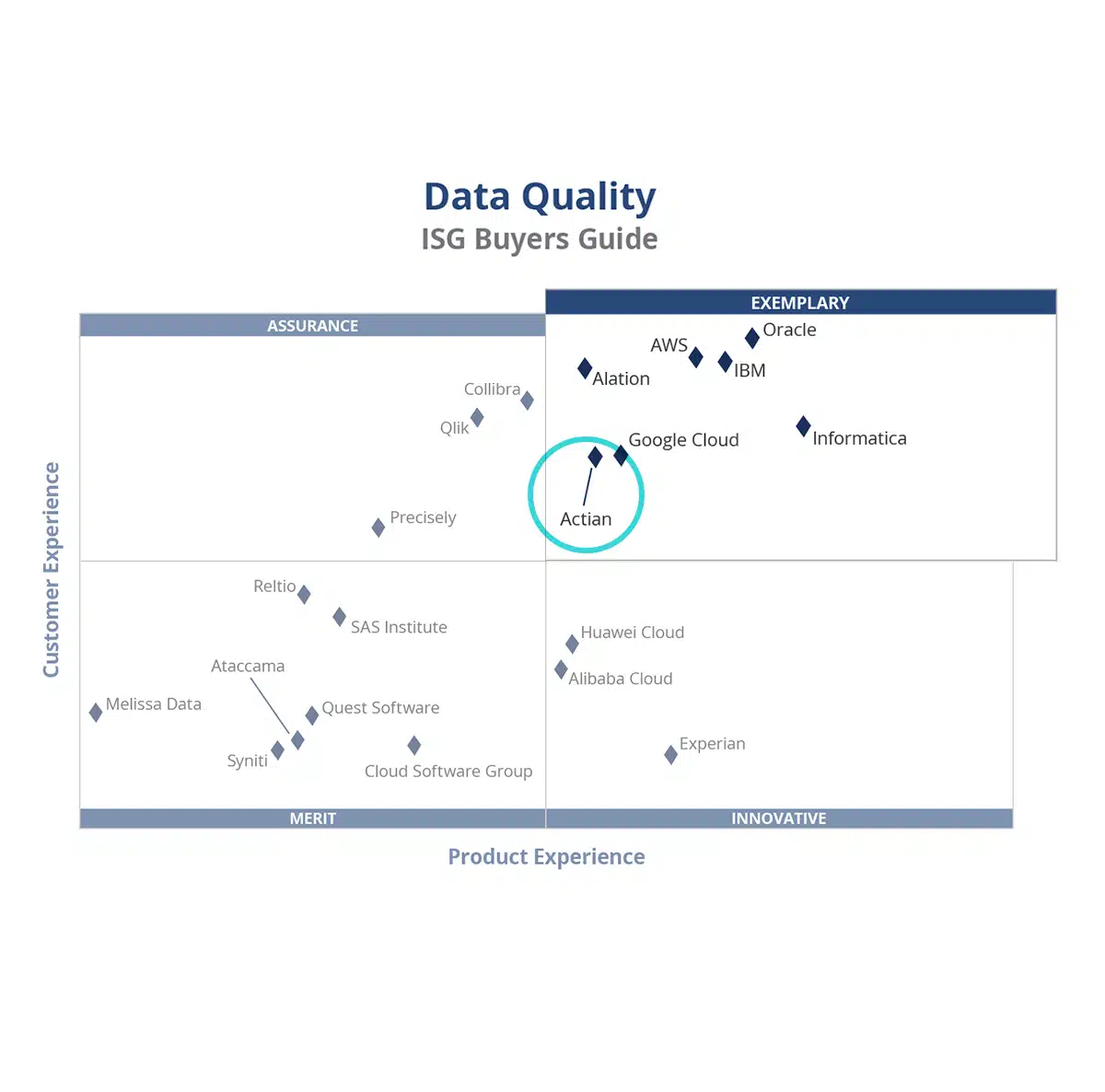Why is Analytical Data Important?
Without analytical data, decision-making would be less confident. Business changes would be harder to justify without data to back up assumptions. Job security could suffer as a business might not tolerate multiple bad decisions from the same person or team. Every business needs regular course corrections to adapt to changing markets and customer preferences. These changes are more likely to be ineffective or lead to negative consequences without data for verification. Decision-making effectiveness is measured using metrics or key performance indicators (KPIs). KPIs demonstrate progress against business goals such as increasing revenue and profitability. A business without any measurable improvements would eventually see lower growth and a lower position in the market.
Sources of Analytical Data
Data warehouses, data marts and Machine Learning (ML) models need copious amounts of data to provide accurate insights and predictions. Below are some common sources of data:
- Transactional systems such as a POS system enable real-time analytics about customer purchases.
- Visitor logs from a website inform sales and marketing systems about potential customers’ interests. In real-time, this form of data can drive recommendation engines.
- Service desk ticket data is vital for good account management and problem management to uncover recurring issues and their root causes.
- Twitter feeds are great for performing sentiment analysis. These can be coupled with survey data to calculate net promotor scores (NPS) to gauge customer satisfaction.
- Geographic data streams from cell phones can trigger beaconing and geofencing. This data is essential to perform location-based data analysis.
- Machine learning models use data in interaction logs to build more personalized digital advertising suggestions.
Storing Analytical Data
Before data warehousing emerged, data was stored in file systems and analyzed using statistical libraries such as X11 and Box Jenkins. In the early days of data warehousing, analytical data was almost exclusively stored in relational databases and analyzed using SQL queries. Today, a columnar database with vectorized data processing has become the de facto standard to accelerate analytics.
Advanced analytics can perform sentiment analysis on unstructured data, such as in transcribed video and audio files. This technique can reveal clusters of correlations from raw data gathered in a data platform. Before the availability of modern data platforms, it was uneconomical to analyze or mine unstructured data for insights.
Analytical Data Use Cases by Industry
Different businesses use data to understand their industry-specific consumers and market dynamics. The following are examples of vertical-specific examples:
Healthcare
Patient care is at the center of the healthcare world. Diagnostic and clinical trial data drives research into new drugs, vaccines, and cures. Blood test data generates metrics that are compared to historical data to assess wellness.
Logistics
Internet of Things (IoT) has revolutionized the logistics industry. Sensors are used to ensure the freshness of perishable foods from the field to the supermarket. Sensors accompany the produce during transportation to ensure sufficient cooling is maintained. Trucks are fitted with digital fuel gauges to keep refrigerants flowing as the goods travel to their destination. Data analytics allow shippers to catch threats to consumer health before goods are purchased to avoid costly recalls.
Telco
Service availability is one of the primary metrics that telco providers care about because outages trigger customer churn. Quality of service (QoS) systems, such as those provided by Vector Analytics Database customer Expandium, enable network providers to respond proactively to outages before too many customers are impacted. Billions of call records are ingested daily into this columnar database.
Retail
Actian customer Kiabi analyzes buying data from POS systems in real-time to track the fast-changing regional tastes of French fashion purchasers so they can optimize replenishment across their stores.
The US convenience store operator Sheetz analyzes purchases across its stores to optimize cross-product promotions thanks to basket analysis data.
Summary
Analytical data plays an even larger role in competitive markets. Without it, businesses risk falling behind because they fail to recognize shifts in market trends, consumer behavior, or operational inefficiencies. With the vast amount of data available today, companies can identify emerging patterns and adjust their strategies proactively. The ability to analyze data allows organizations to stay one step ahead of competitors, seize new opportunities, and mitigate potential risks that could disrupt their operations.
In addition to enhancing competitiveness, analytical data also helps in creating personalized customer experiences. As businesses collect data across various touchpoints, such as website interactions, purchase histories, and social media behavior, they can tailor their products, services, and marketing efforts to meet specific customer needs. This data-driven approach not only improves customer satisfaction but also strengthens brand loyalty, which is crucial in a world where consumers have more options than ever before.
The importance of analytical data is also evident in operational efficiency. By continuously monitoring key metrics, businesses can identify inefficiencies in their processes, whether it’s in production, supply chain management, or customer service. Data can reveal bottlenecks, delays, or areas where resources are being underutilized, allowing companies to make informed decisions about where to allocate resources or where to make improvements. These adjustments can lead to significant cost savings and enhanced productivity, directly contributing to the company’s bottom line.
In the realm of innovation, data analysis is a catalyst for creativity and improvement. By observing how products or services perform in the market, businesses can identify gaps or unmet needs. Analytical data provides a solid foundation for product development, whether it’s refining an existing offering or creating something entirely new. Furthermore, testing new ideas and monitoring their performance through analytics allows companies to validate hypotheses before making large-scale investments, reducing the risk of failure.
As businesses increasingly rely on data to drive decision-making, it becomes clear that analytical data is not just a nice-to-have tool but a necessity for sustainable growth and long-term success. The ability to collect, analyze, and act on data is what differentiates high-performing organizations from their competitors. With the right data, businesses can optimize their strategies, reduce risks, and capitalize on opportunities, ensuring that they not only survive but thrive in an ever-changing marketplace.
The Actian Data Platform
Actian started as a provider of transactional databases and broadened its product portfolio with columnar database technology for fast and low administration analytical data processing. Today, the Actian Data Platform provides a cross-cloud solution encompassing analytical, transactional and edge databases with powerful data integration technology. This portable data management technology combination allows organizations to perform analytical data processing anywhere their data resides.



